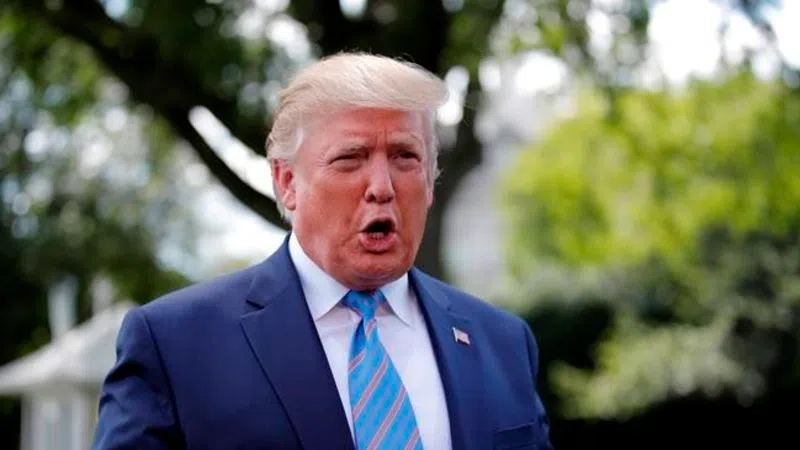
Trump pick for national intelligence director is withdrawing
WASHINGTON — President Donald Trump’s pick for national intelligence director, Texas Rep. John Ratcliffe, withdrew from consideration Friday after just five days as he faced growing questions about his experience and qualifications.
The move underscored the uncertainty over his confirmation prospects. Democrats openly dismissed the Republican congressman as an unqualified partisan and Republicans offered only lukewarm and tentative expressions of support.
The announcement will leave the intelligence community without a permanent, Senate-confirmed leader at a time when the U.S. government is grappling with North Korea’s nuclear ambitions, the prospect of war with Iran and the anticipated efforts of Russia or other foreign governments to interfere in the American political system.
In a tweet Friday, Trump said Ratcliffe had decided to stay in Congress so as to avoid “months of slander and libel.”


